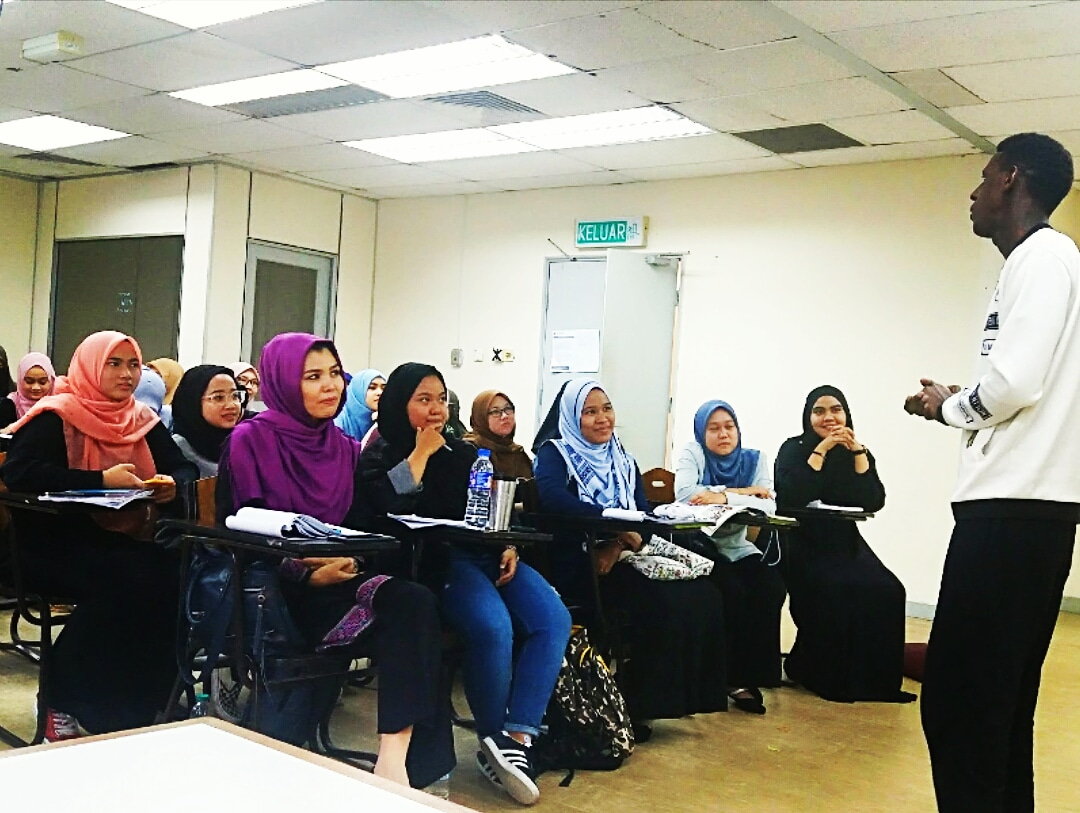By Aznan Mat Piah
Whenever a new semester begins, I would not only share with the students the course outline and course assessment protocol that detail out their assignments or coursework they are expected to perform, but also to share newspaper articles or write-ups on current issues that get reported in the media. The write-ups could be in the form of commentaries, opinion pieces, editorials or news analysis.
I do this for a reason so that through more extensive reading students would be able to increase their knowledge and to relate the course contents to the reality of what went on or transpired outside in the society. As students they should not just focus on textbook learning, but to be able to read, observe and interpret or judge for themselves the many issues that get reported or featured in the media.
Apart from that it is done with intention to see students get intellectually stimulated and motivated to increase their knowledge beyond classroom lectures. Students need the necessary exposure to the issues to articulate their minds.
I have been taking the approach since I joined the university some 12 years ago.
The articles and resources that I shared with the students are designed to provide them with several clues to keep them updated with new developments that take place within the country and at the international scene so as to enable them to see the larger picture.
Knowledge that they acquired is not just to be stored in their memory but to use the principles they learned in class lectures to make sense of the meaning of these issues or to interpret real cases based on the principles they have studied. This exercise would be useful to equip them with the right-thinking skills and application of knowledge.
But sometimes what you have planned or desired may not turn out the way you would expect because some students do not show much interest or are simply under-motivated to read whatever materials that have been shared.
This can be seen from the sharing session when students do not actively participate in the discussion or shy away from sharing their views. You will find that it is the same students who will speak but others relatively choose to remain silent.
Particularly now when classes are conducted the remote way and online, not all students would display their face on camera for the lecturer to see them online. Others would cite problem of internet line being unstable or they could not easily gain access to class discussion due to poor line connection. Although the lecturer would take note of the situation and consider the problems faced by the students, it nevertheless rests very much on students integrity, responsibility and initiatives.
There is still a lacking in the practice of reading culture. And students do not seem to be motivated to read beyond textbooks, as such they lack self confidence. These are among real issues that warrant attention and action by the lecturer.
Indeed, teaching is a challenge, requiring academics not only to have extensive understanding of the subjects that he or she is teaching but also in trying to comprehend the background of situations faced by the students. Needless to say, they need all the encouragement to push them forward.
In handling students with negative attitudes, it is important for the lecturer to stay positive at all time and to look for a smart strategy to tackle the problems as you need to influence their attitude and change their behaviour.
There are limitations as to how far a lecturer can really cover within the 14 weeks when students have other courses to attend and focus their attention on. Time will not allow the lecturer to cover everything within the short period of the semester.
However, deep in my heart I feel that if I can generate interest among the students to know more about the subjects that I am teaching through extensive reading and thinking, they will be motivated to lifelong learning. Hopefully they will continue to be inspired to explore the subject on their own when they graduate.
A lecturer’s focus should not only to ensure that students are provided with course contents they need to pass examinations, but also to help them develop their interest for wider knowledge so as to inspire and stimulate their intellectual minds.
Teaching should therefore come with passion that will allow a natural commitment to grow in ourselves. My own experience over the years had enabled me to share knowledge with the students both formally and informally in return for them to show their commitment and devotion to learning.
While the duty to encourage and motivate students lies with the lecturer it would count a lot more on the students themselves to make all the efforts and initiatives to pave their path towards success. With compassion, commitment and patience, hopefully this could further inspire the students to discover their potentials and to work hard to achieve them. ***
